Last month, California’s Governor Gavin Newsome raised the fast food minimum wage by 25% to $20 an hour.
After the new wages took effect on April 1st, many businesses already struggling with their finances had no choice but to close their doors.
Ice Cream Shop Serves up Pink Slips for Employees
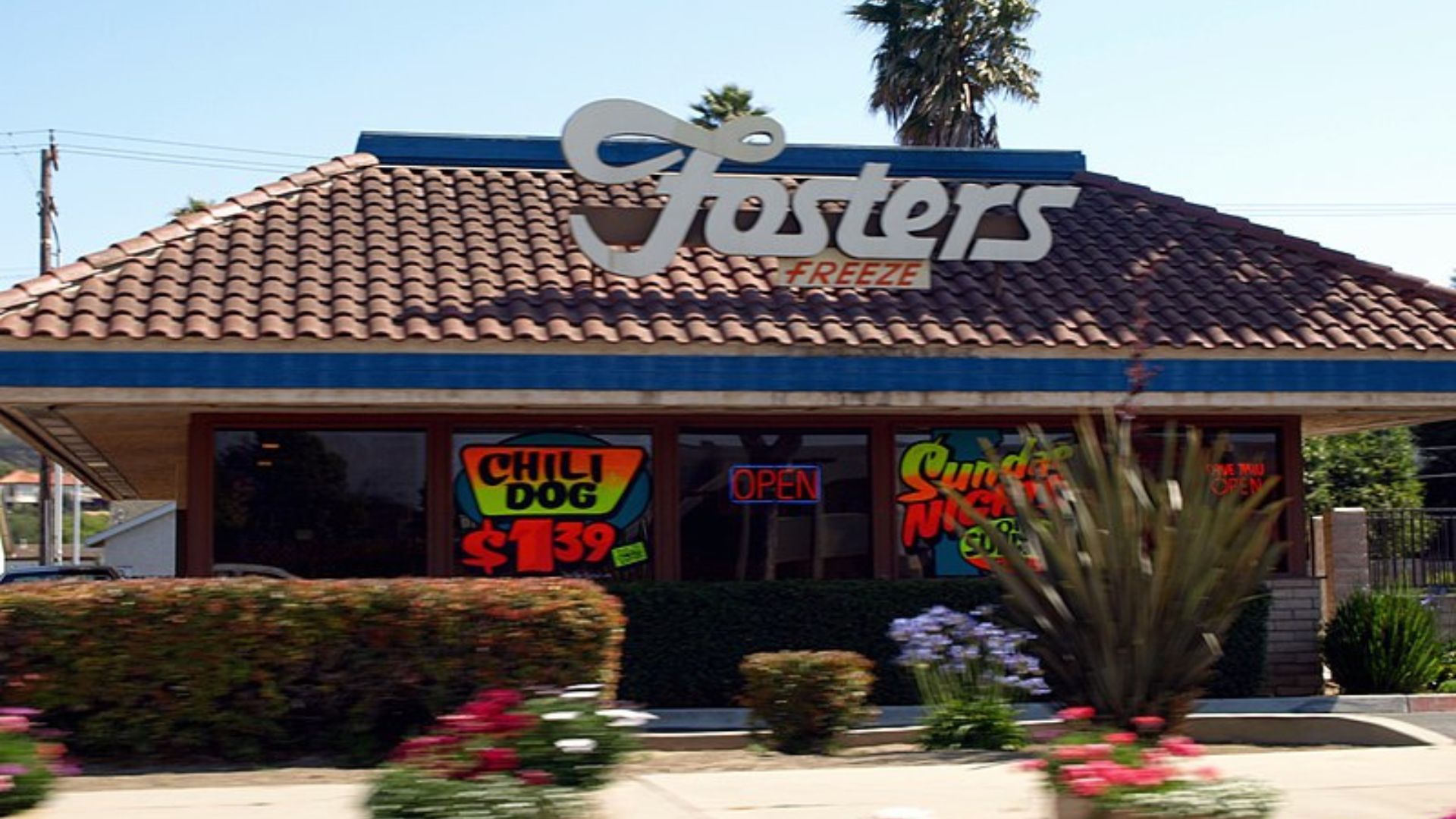
A location of the beloved ice cream chain Foster’s Freeze closed in California and laid off all of their workers.
After being questioned by the press, an assistant manager claimed that the store could no longer keep up with the minimum wage hike.
Employees Thought It Was an April Fools Prank
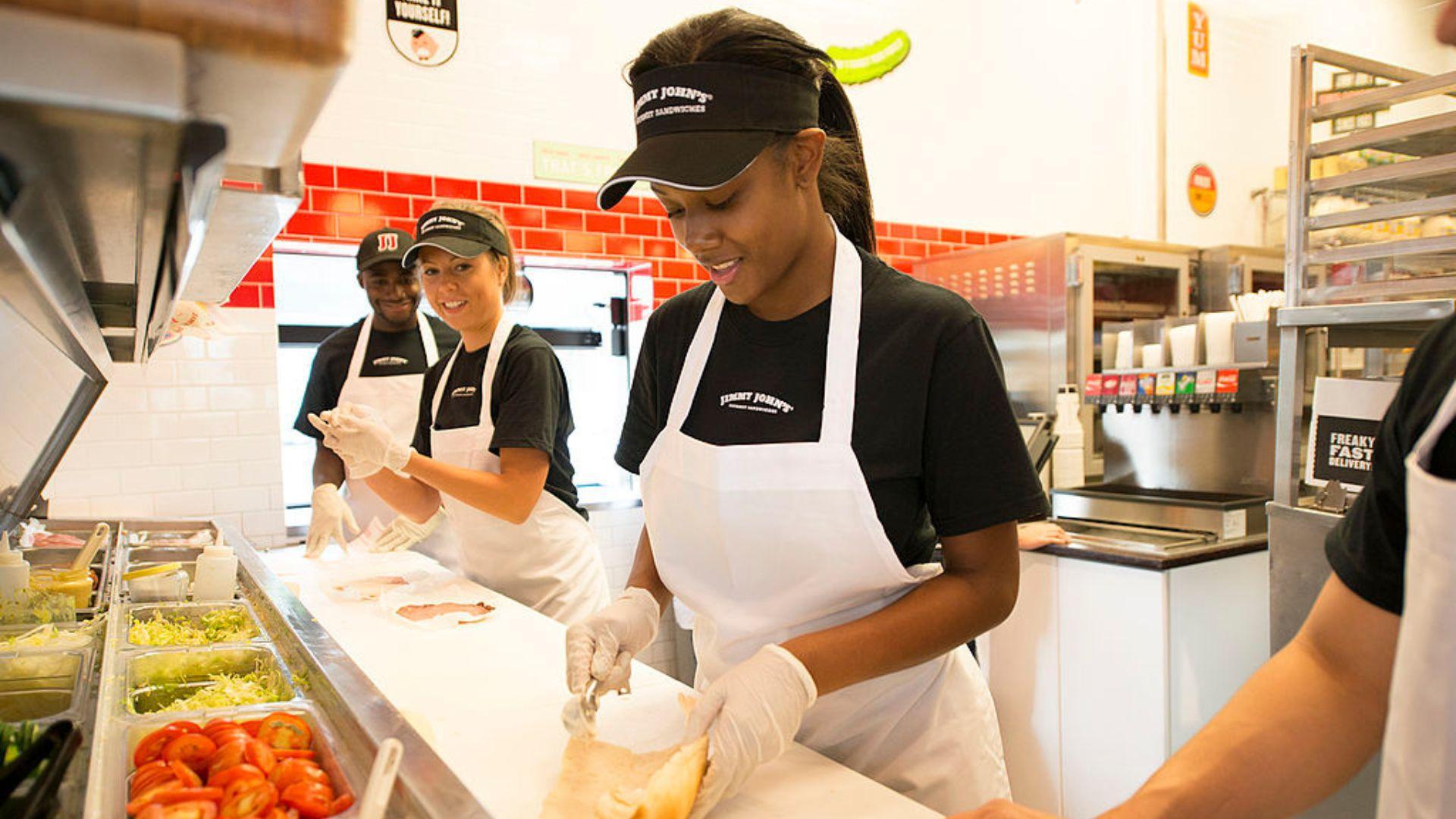
The company decided that the best way to lay off dozens of workers was through a text message.
After receiving the communication, many employees assumed that the text sent on April 1st was merely an April fools prank.
New Wages Lead to Job Losses in the Golden State
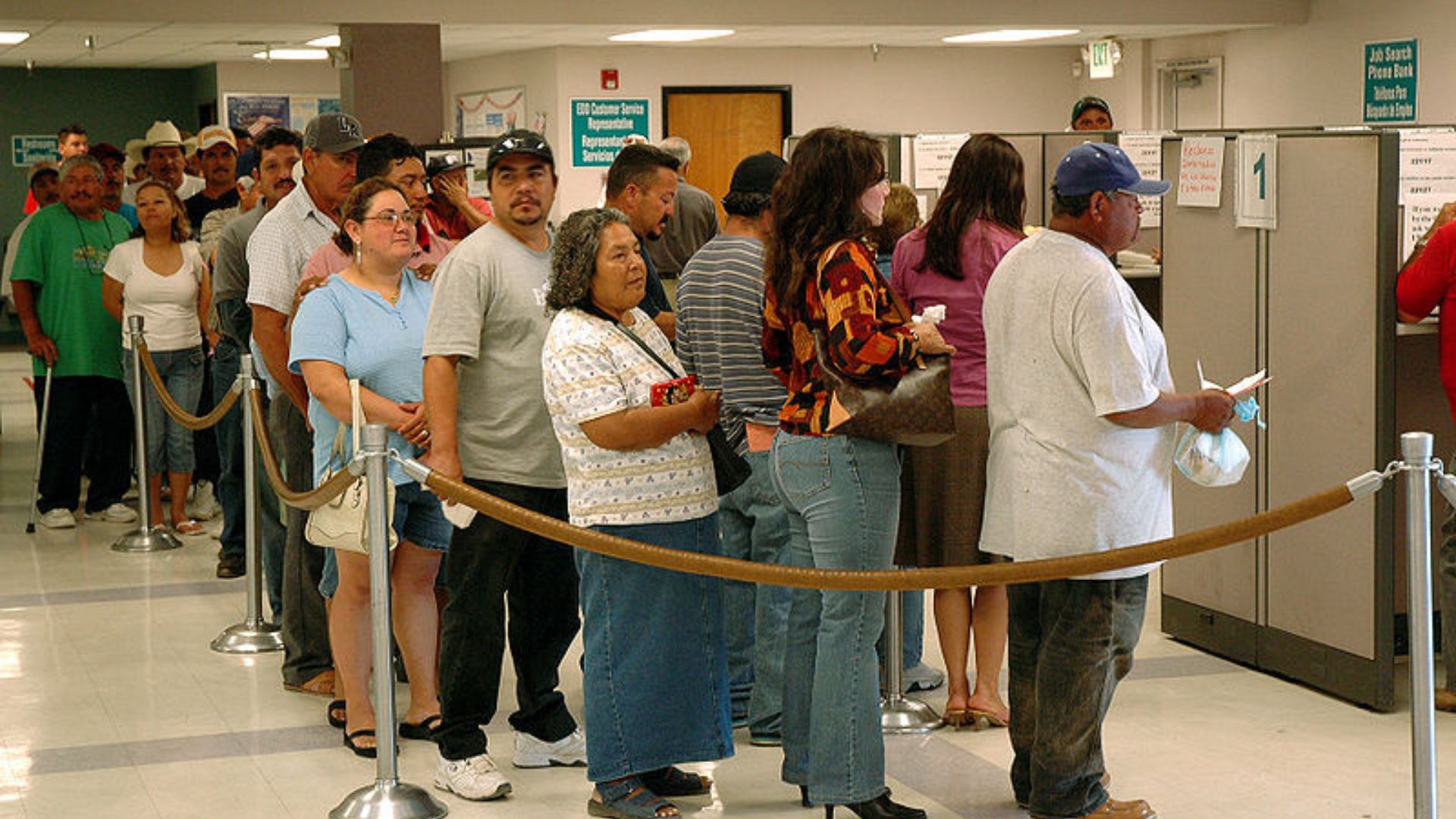
Many popular and successful fast food franchises have decided to close their restaurants in the face of the minimum wage increase.
The unemployment rate skyrocketed to 5.3% as of February and will continue to increase as fast-food restaurants close their doors and lay off employees.
Newsome’s Plans Were Intended To Help Low-Wage Workers in High Cost Areas
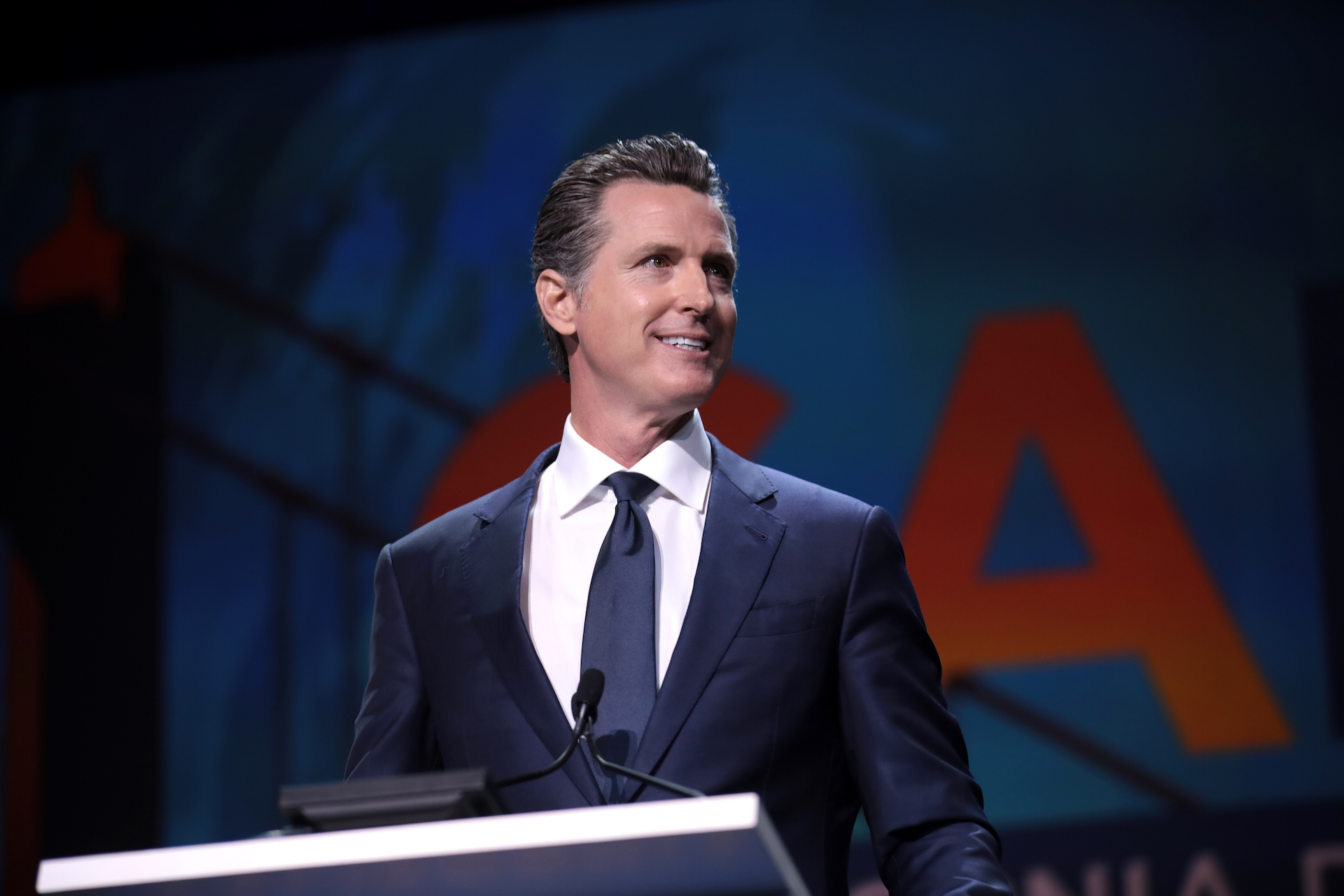
When the new $20 minimum wage was introduced for low-wage fast food workers, it was meant to help the lowest paid employees.
The law passed by Governor Gavin Newsome last fall ensures that any fast-food chain with more than 60 locations will need to pay their staff a minimum wage of $20. The plan intended to help fast-food employees who work in expensive areas.
Some Fast Food Businesses Have Reduced Their Workforce
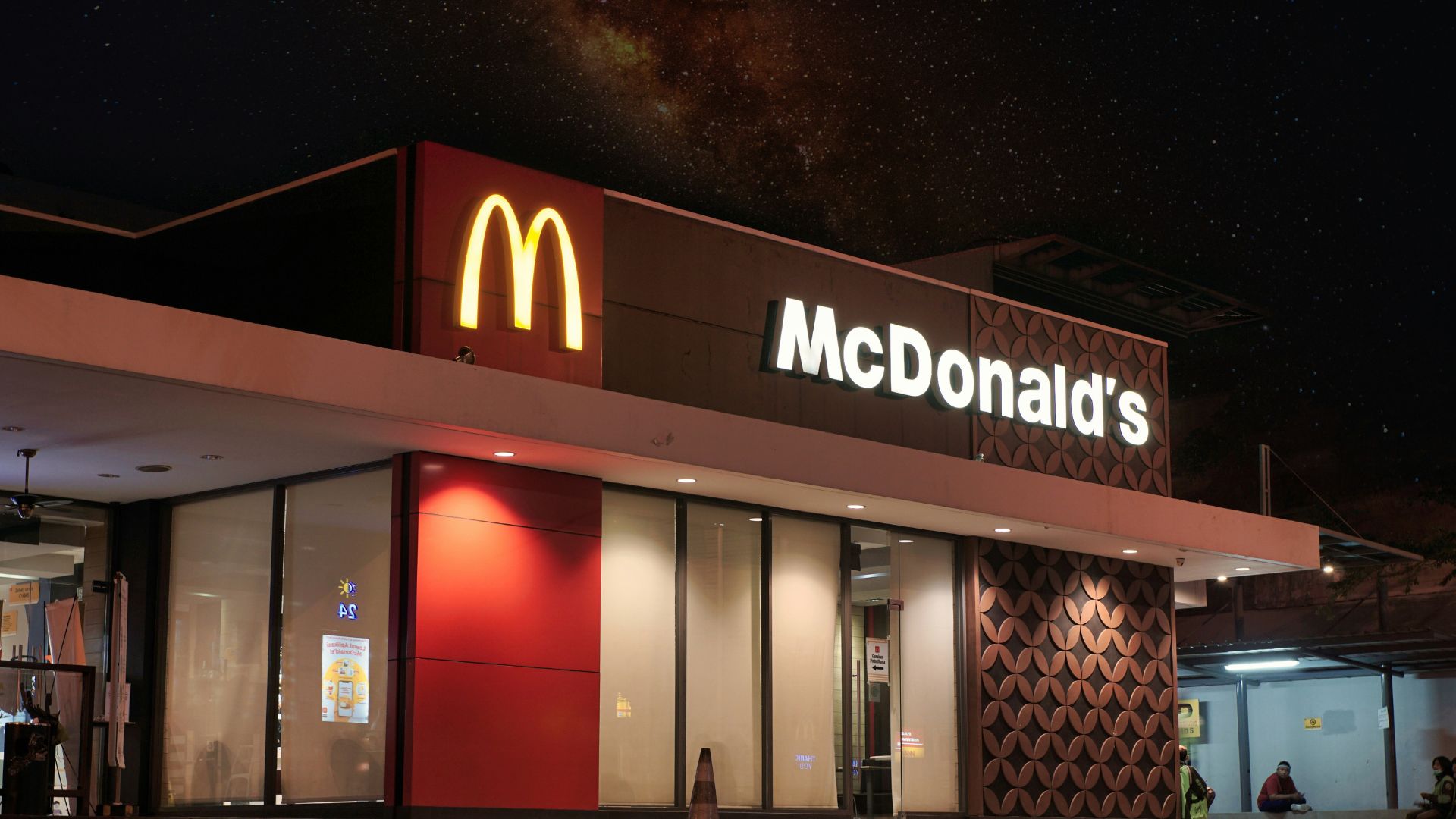
In an attempt to maintain shareholder profits and big pay days for CEO’s, many fast-fooderies have turned to laying off workers.
The higher wages take funds out of profits for big companies. Many of the major fast-food chains have the capital and ability to implement new technologies that make cashiers redundant.
Workers in Fast-Food Have Declined Since Last Year
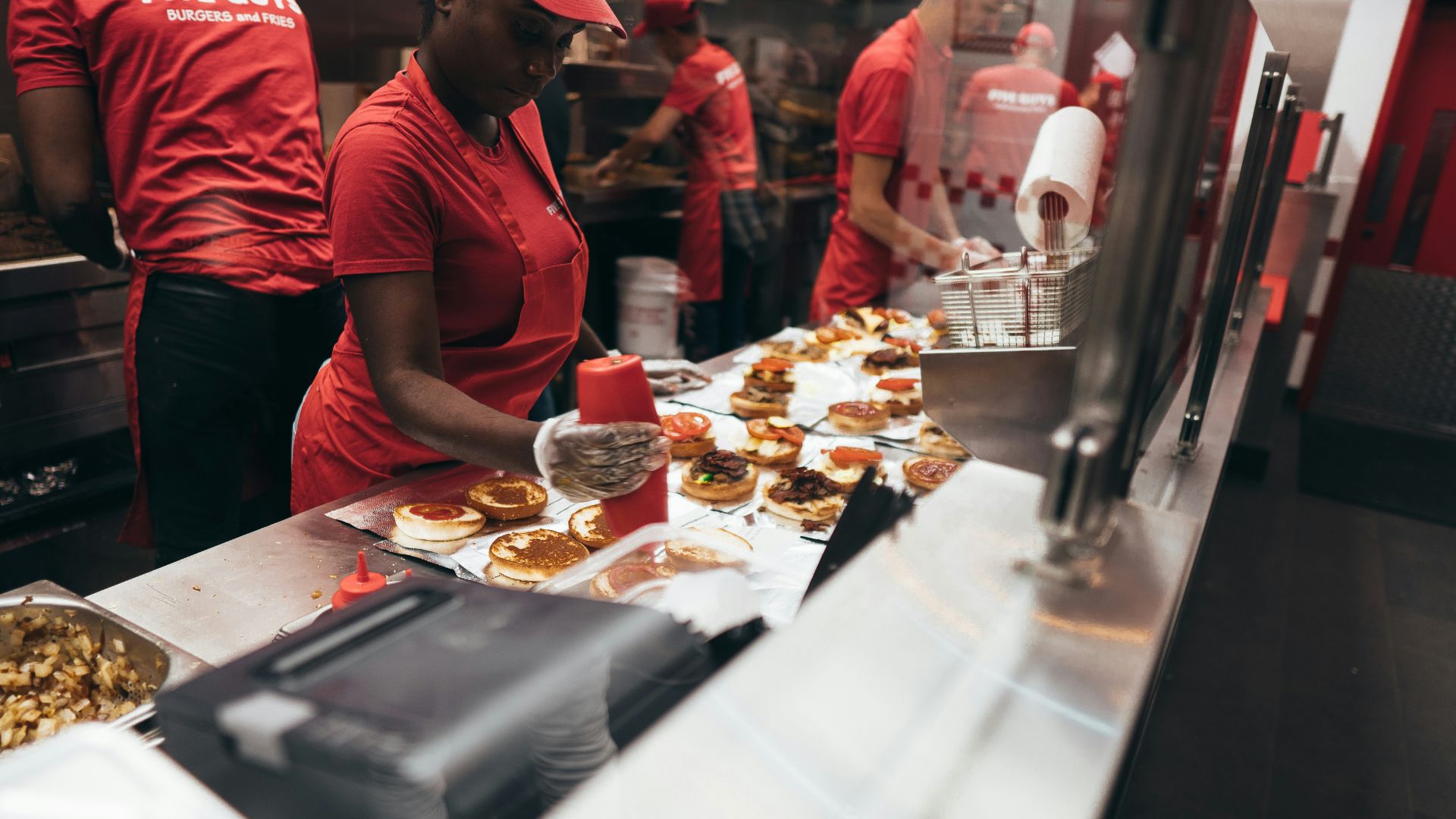
This year California had 726,600 people working within the fast-food industry, as reported in January.
The number of workers has decreased by 1.3% since last September.
McDonald’s Owners Vow To Reduce Costs

Scott Roderick, an owner of a McDonalds franchise, wrote that they plan on reducing hours for employees to make up for the loss.
Currently, other countries with a high minimum wage already pay employees while still turning a profit. In Denmark, McDonalds employees make $22 an hour to start with six weeks of vacation.
Franchises Are Fighting the Minimum Wage

In an attempt to lower costs, Foster’s Freeze responded to the minimum wage increase by closing one of its locations.
The chain has stated that this is the consequence of raising the wage to a more livable standard in expensive places like California.
Many Restaurants Are Increasing Prices To Keep up With the Payments
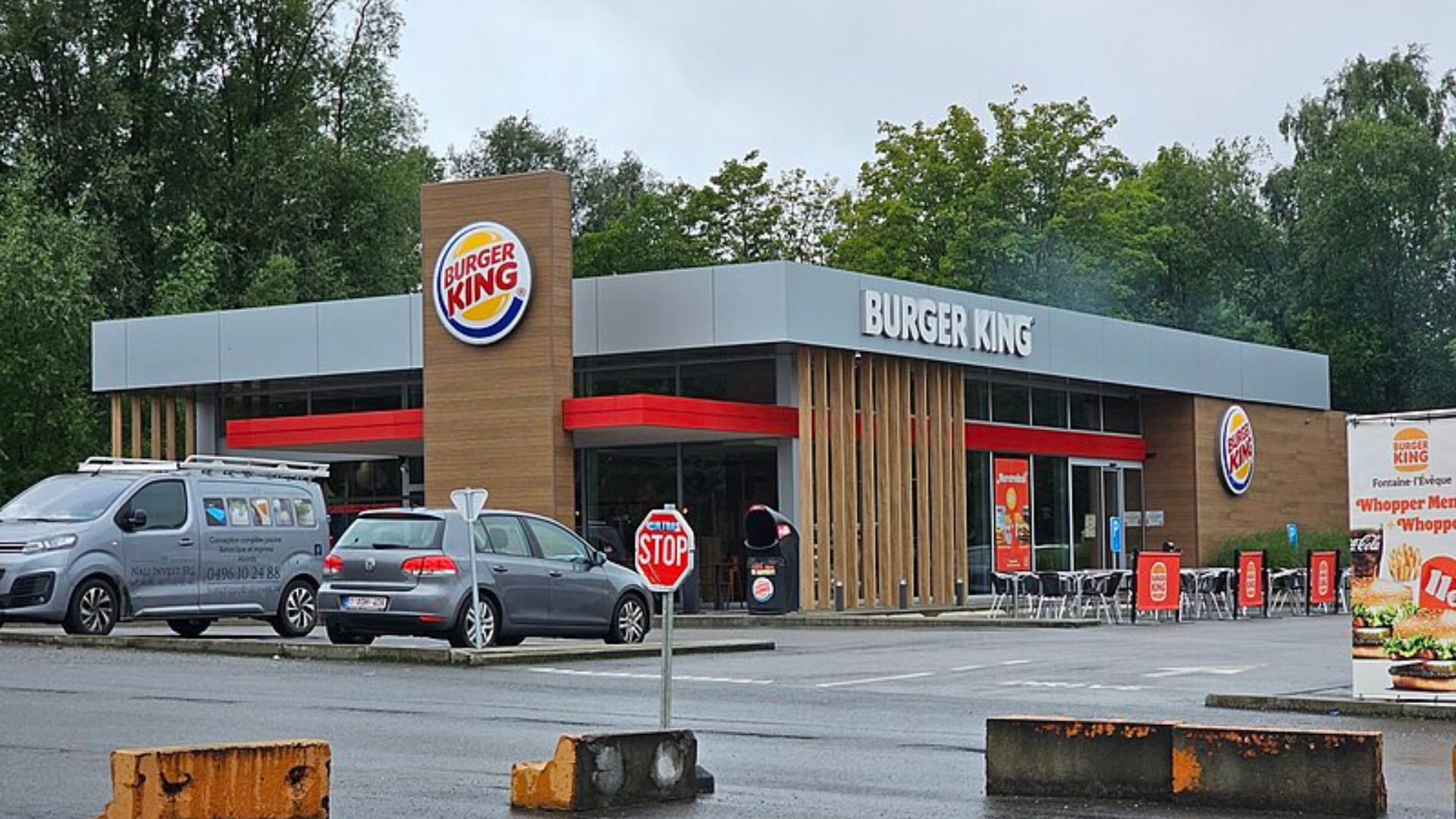
At Burger King, prices surged in the Los Angeles area after the April 1st ruling took effect.
The Texas Double Whopper increased from $15.09 to $16.80 after the wage increase.
Many Other Foster’s Freeze Locations Still Operating
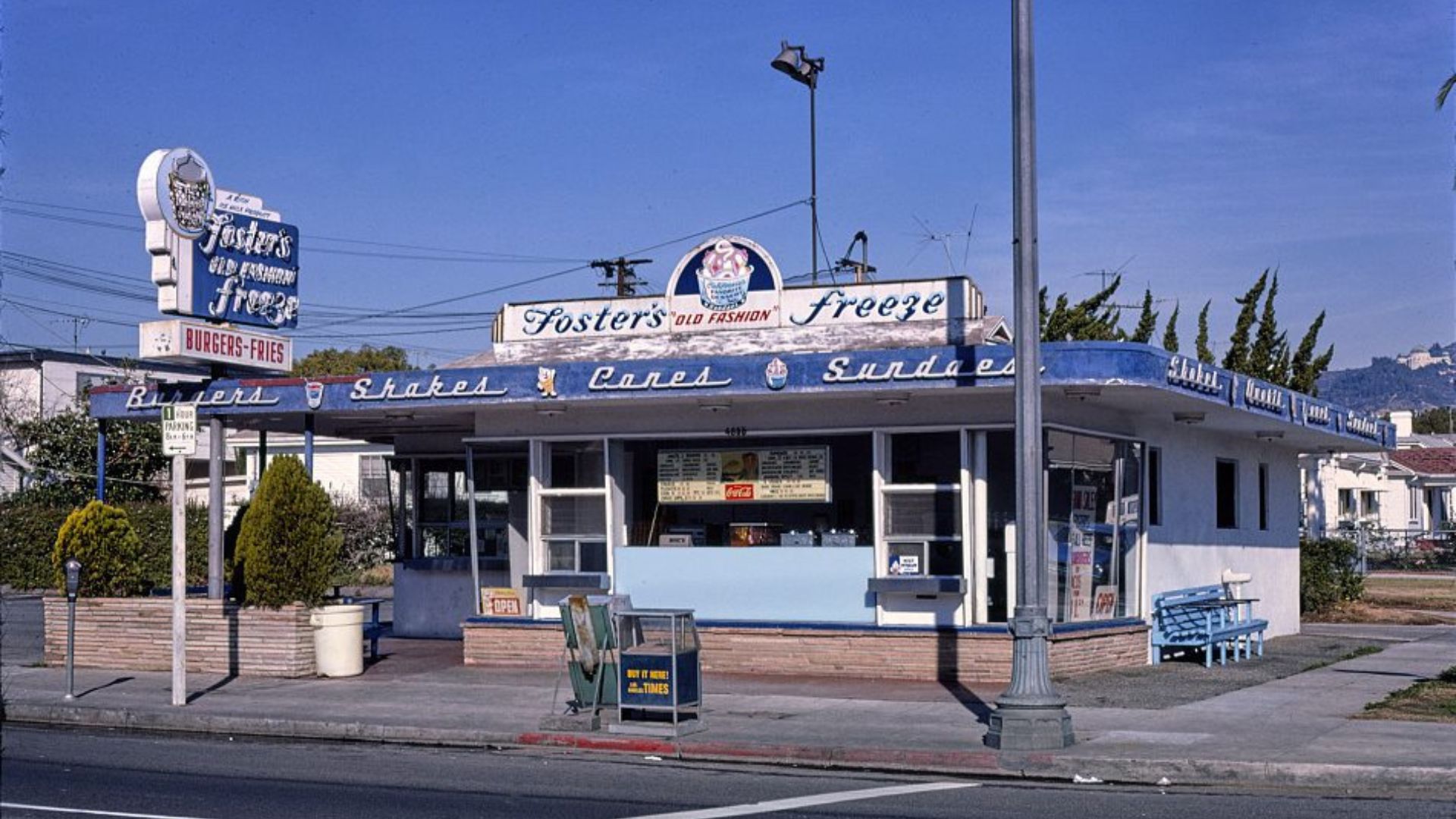
After the closing of the Lemoore location frightened local residents, the company sent out a statement informing their loyal customers that most of their locations will remain open.
Micheal Lewis, the owner of the Barstow location, says that he has no plan to close the family-owned operation.
Baskin Robbins Offering To Hire Back the Laid of Foster’s Freeze Employees
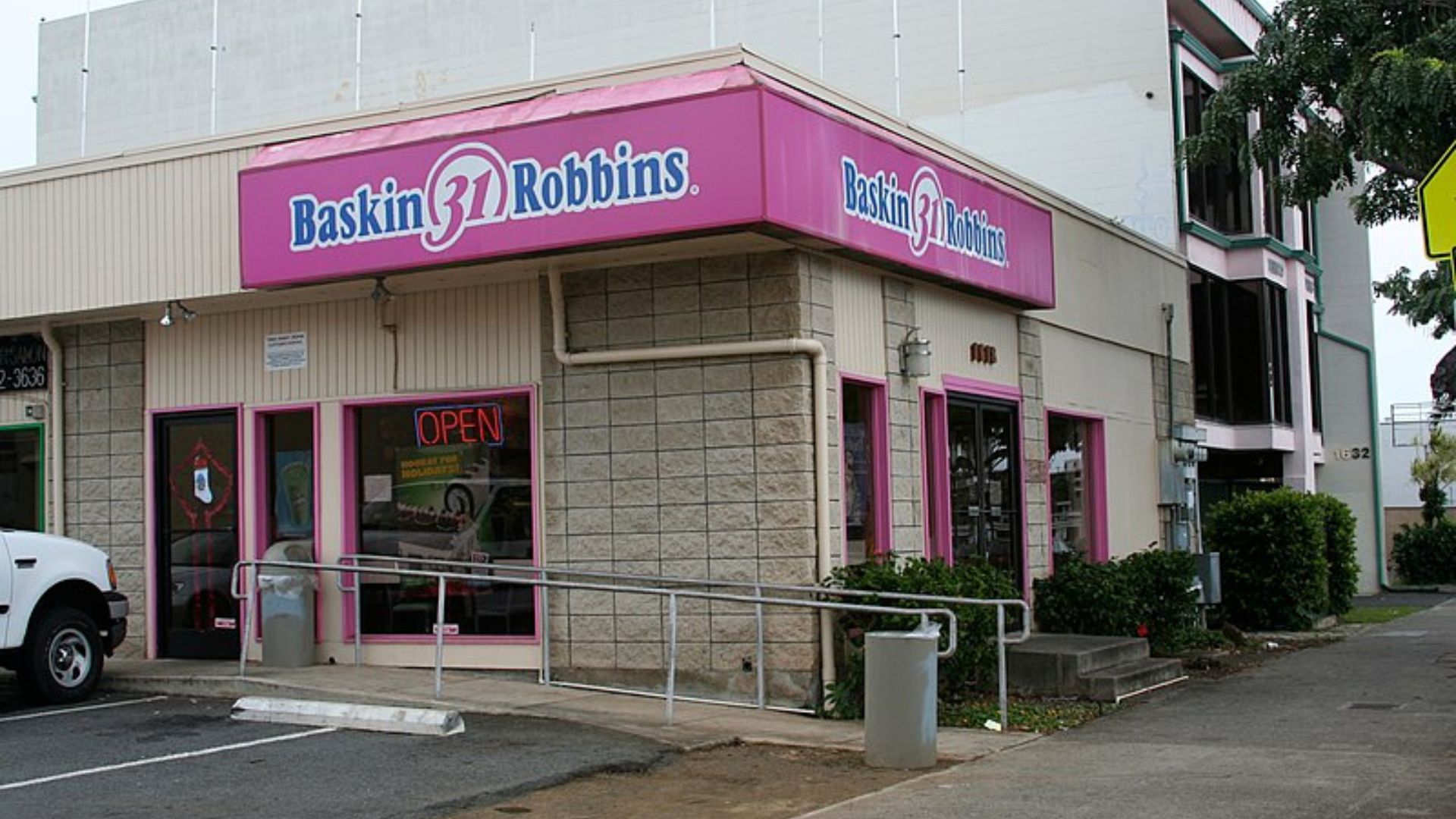
Popular ice cream chain Baskin Robbins is performing better financially. The company earned roughly $2.3 billion in 2022.
They have the funds to pay for the $20 minimum wage and have offered to hire the laid off workers.
Innovative Business Models Emerging in Response to Wage Increases
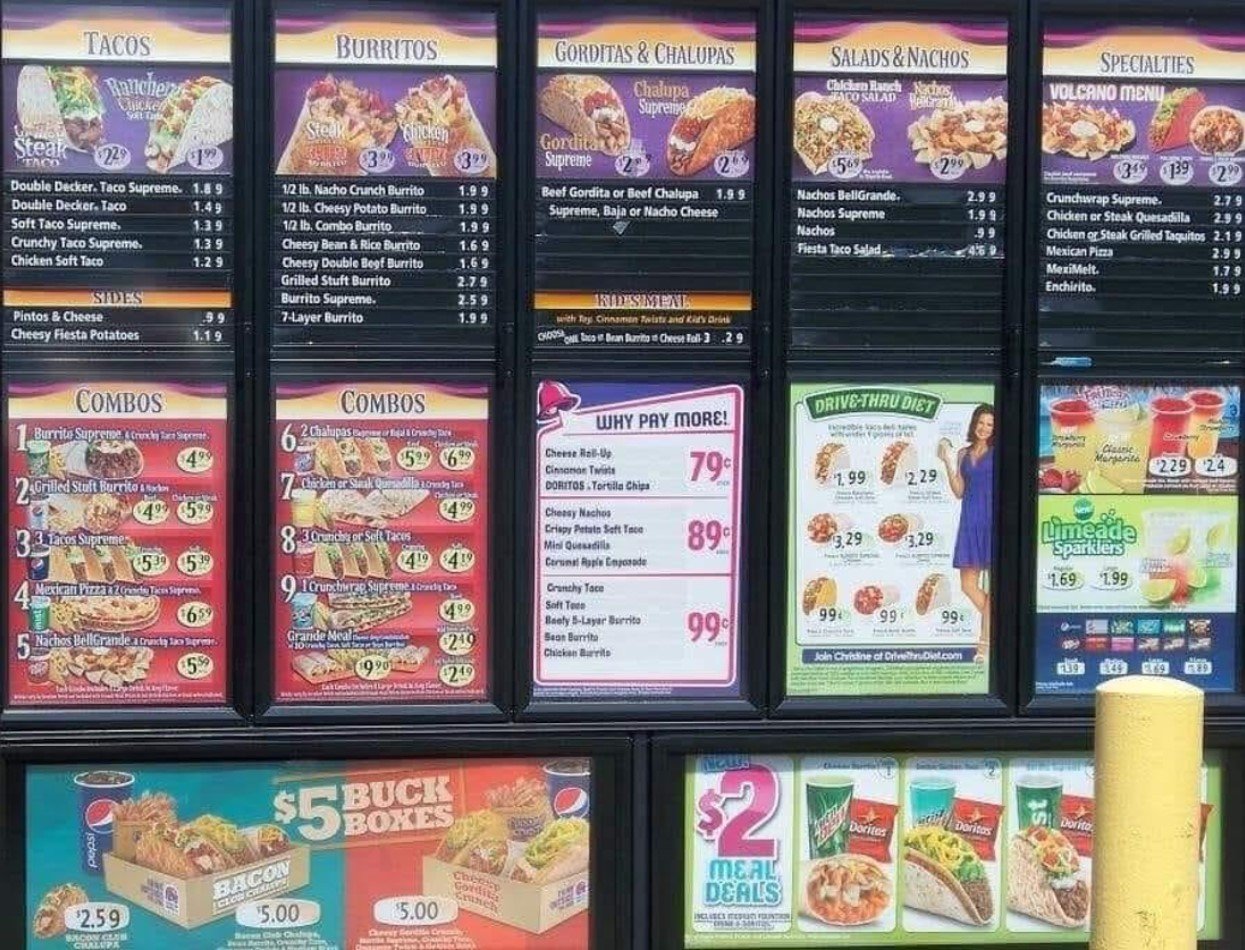
After the minimum wage increase, some local businesses have pivoted their strategies to cope. For example, several fast-food outlets have adopted a limited menu to reduce costs and improve service efficiency.
This approach minimizes the strain on labor and allows businesses to maintain profitability despite higher wages. Others have expanded their use of online ordering systems to reduce the need for in-store staff.
Impact on Local Economy

The closure of Fosters Freeze has ripple effects beyond the immediate job losses. Nearby businesses that relied on foot traffic from the restaurant have seen a dip in customers.
Economists predict a slight downturn in local economic activity in the short term, which may prompt a reevaluation of business strategies across the region.
Wage Increase vs. Unemployment Rates
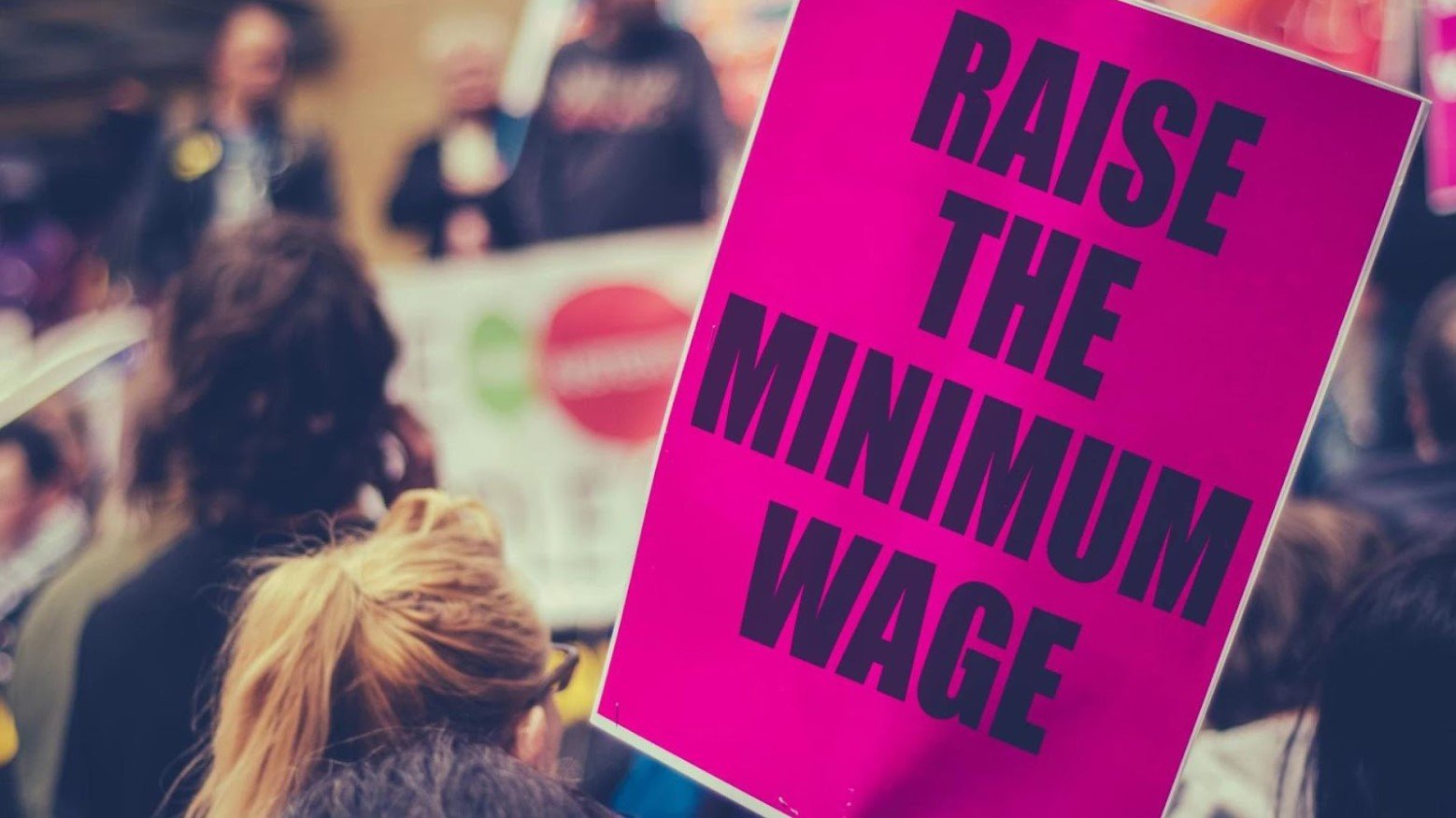
A review of regions with similar minimum wage hikes reveals mixed outcomes. For instance, some areas experienced a temporary spike in unemployment, which stabilized over time as the market adjusted — sometimes even resulting in better employment opportunities in the long run.
This pattern suggests that while the impact is initially disruptive, long-term effects might be less severe as businesses and workers adapt.
Exploring Alternatives to Closure
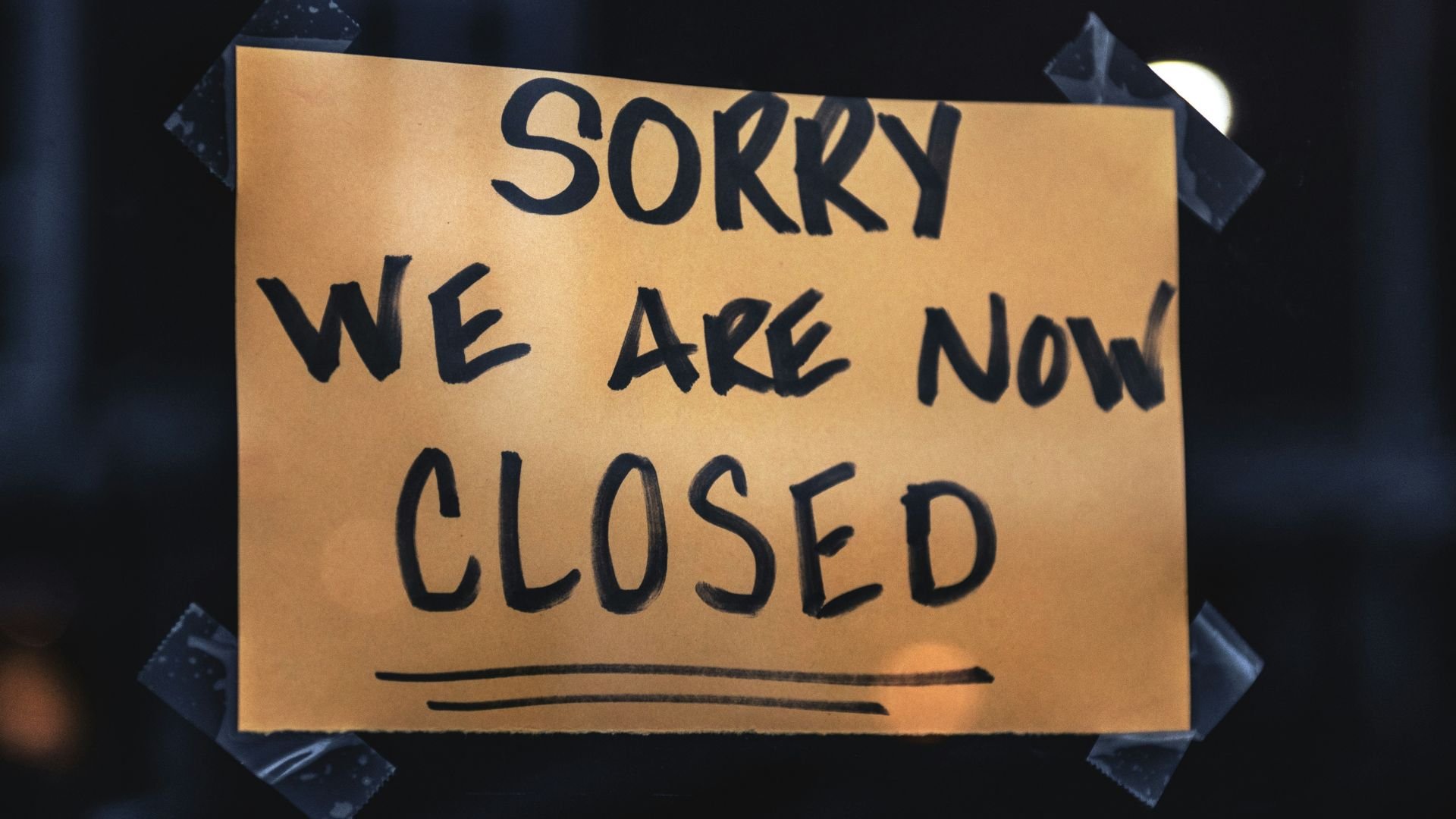
Before deciding to close, Fosters Freeze could have explored other cost-saving measures such as reducing operating hours or offering more part-time positions to distribute the wage burden more effectively.
Such strategies might have allowed them to remain operational while adjusting to the new economic realities.
Role of Local Government
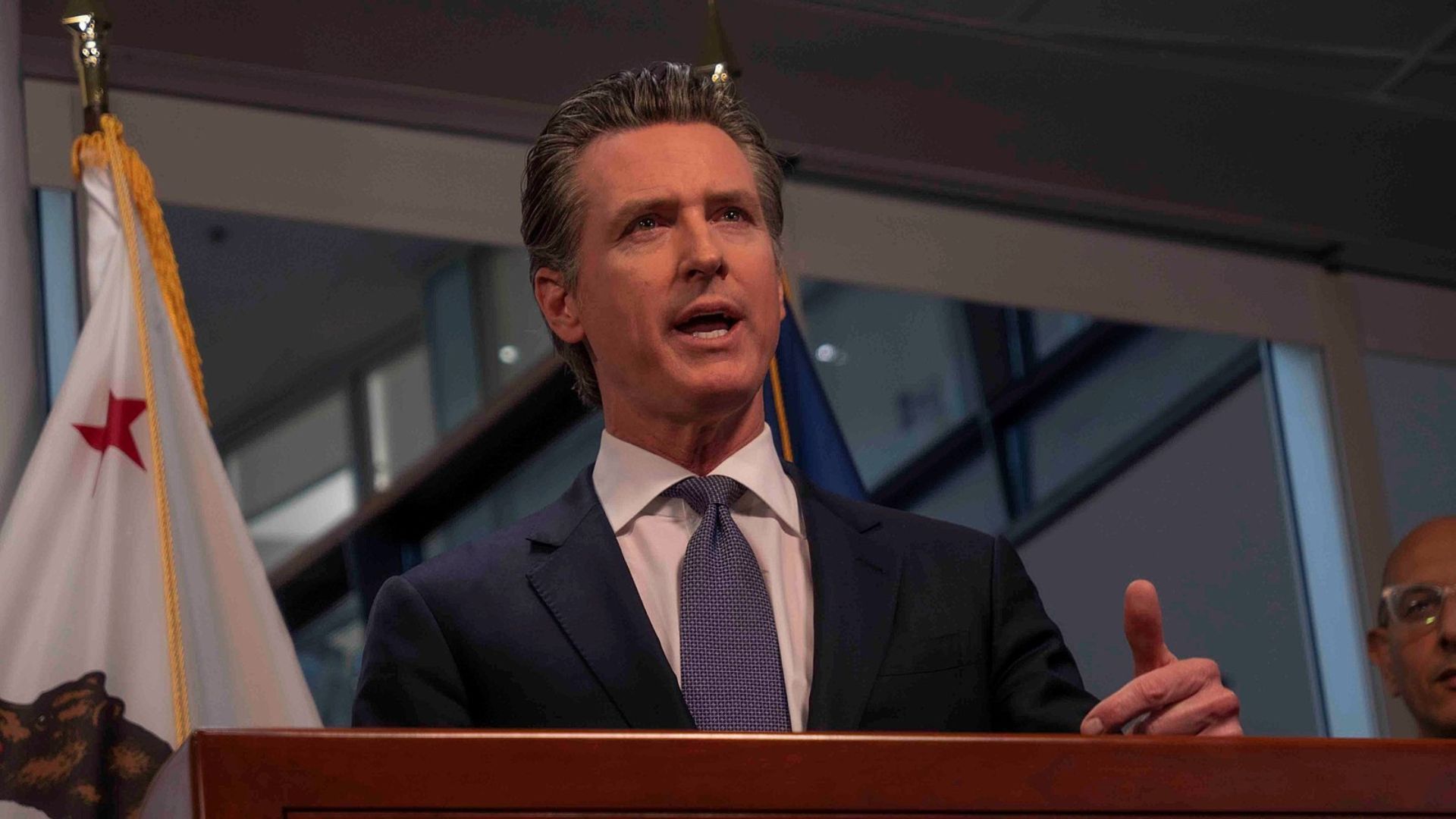
In response to the minimum wage increase, local governments are being urged to provide support such as tax relief or small business grants to help affected businesses.
Such measures could alleviate some of the financial pressure and prevent further closures.
Other States with High Minimum Wages
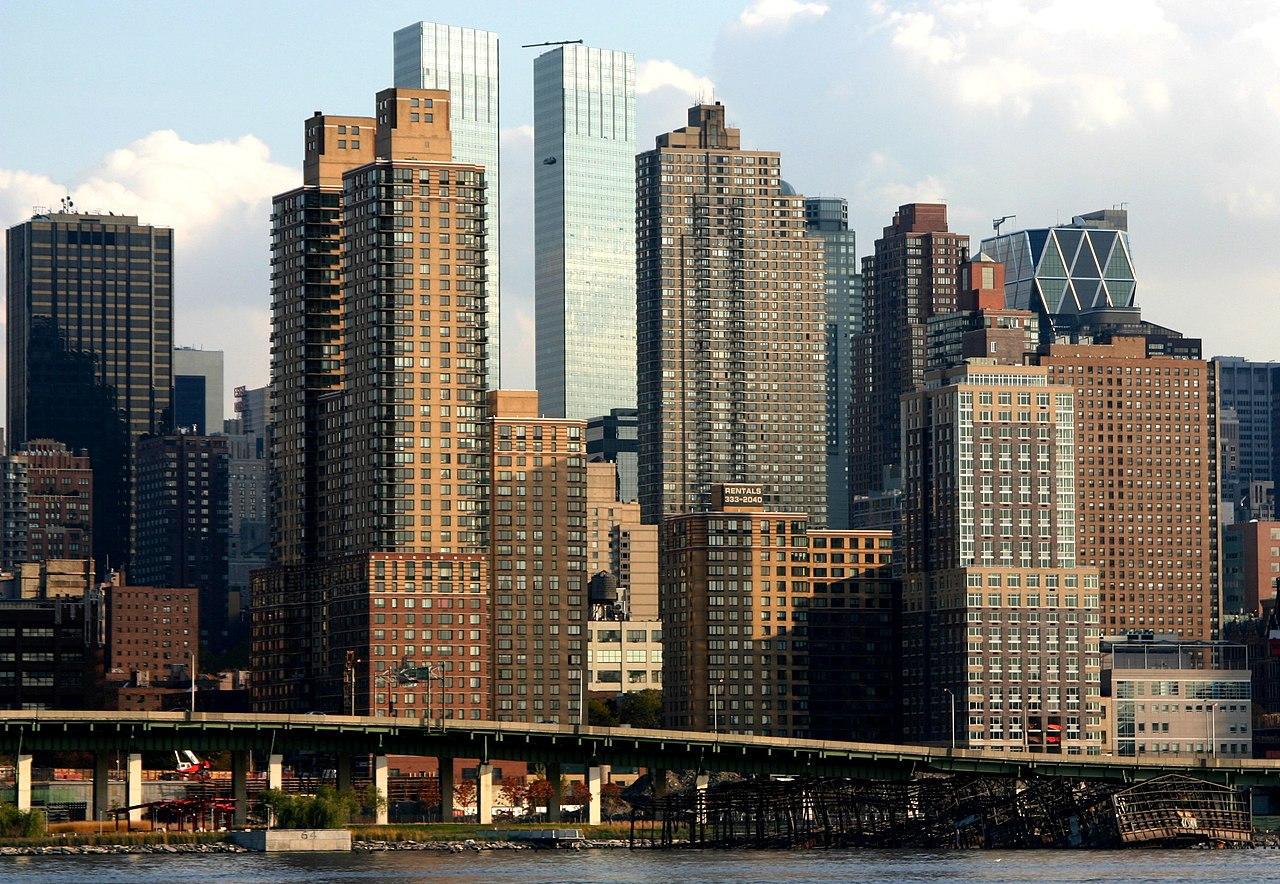
States like Washington and New York have also implemented higher minimum wages.
However, these states have introduced gradual increases coupled with supportive measures for small businesses, which have helped mitigate the immediate negative impacts seen in California.
Opinions from Economic Experts

Economic experts are divided on the effects of steep minimum wage increases.
Some argue it boosts worker living standards and stimulates local economies through increased spending. Others caution it could lead to more automation and job losses, particularly in the fast-food industry.
Employees in Shock

Former employees of Fosters Freeze spoke of the shock that came with the closure.
“We had gotten a text in the group chat that we were shutting down, and I completely thought it was an April Fools joke,” former employee Jason Boado told Fox 26 News.
The Debate Over Minimum Wage

The debate over the minimum wage increase is polarizing.
Proponents argue it’s essential for living in high-cost areas, while critics warn it could harm those it aims to help by forcing businesses to cut jobs or close.
Future of Fast Food Industry in High-Cost States
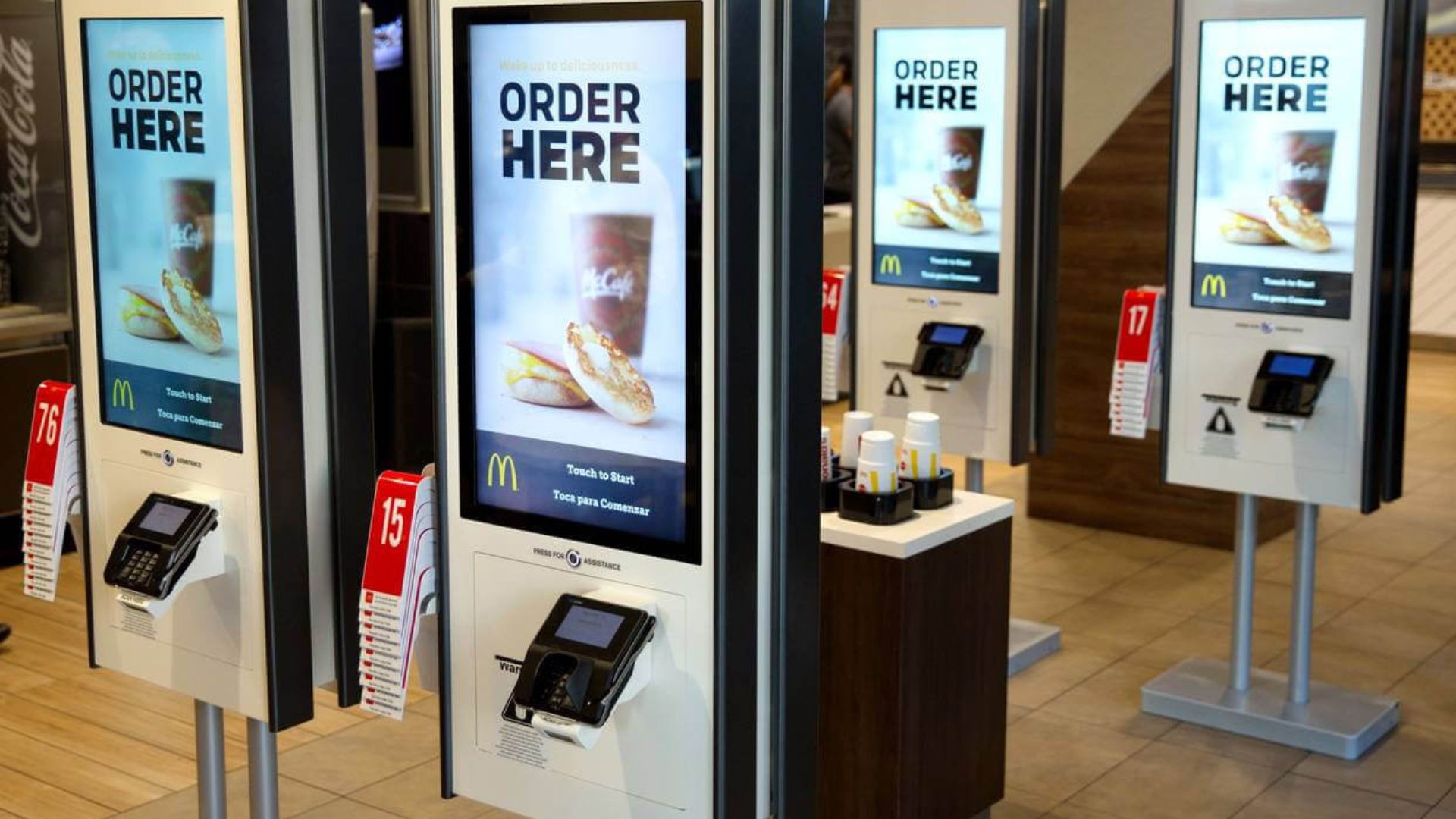
The fast-food industry in California is likely to see more automation and a shift towards fewer, better-paid positions.
This could lead to a significant transformation in how fast food is served, with a potential increase in self-service technologies and fewer staffed counters.
Automation in Fast Food

With rising labor costs, more fast-food chains are considering automation to cut costs.
Kiosks for ordering and robots for food preparation are becoming more common in California, signaling a shift in how the industry manages its workforce.
Legislative Responses and Future Projections
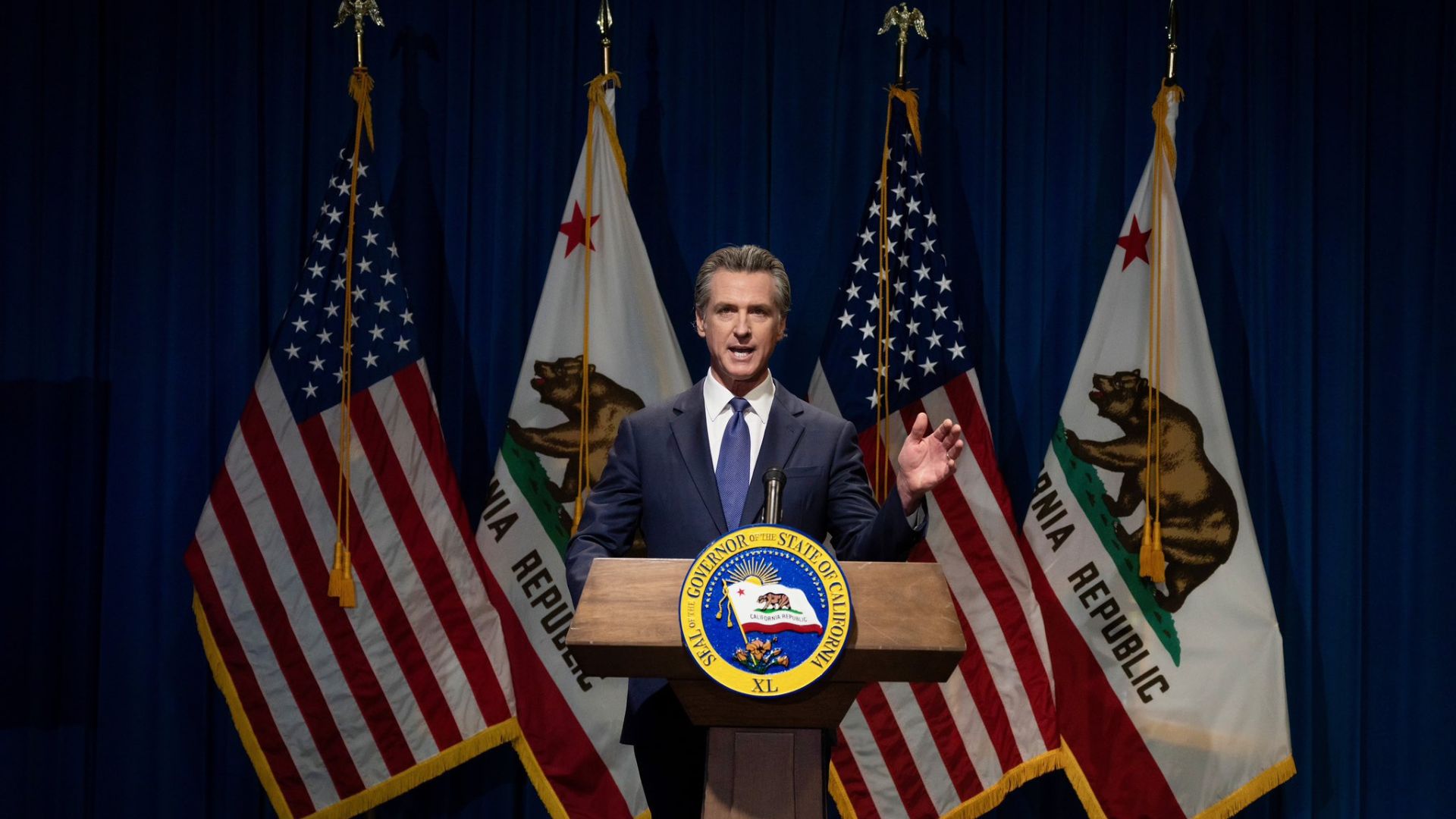
California legislators are considering adjustments to the minimum wage law to include provisions for small businesses, such as deferred increases or exemptions based on size.
These changes are intended to balance worker welfare with business sustainability, ensuring the economic landscape remains conducive to both employment and entrepreneurship.








































